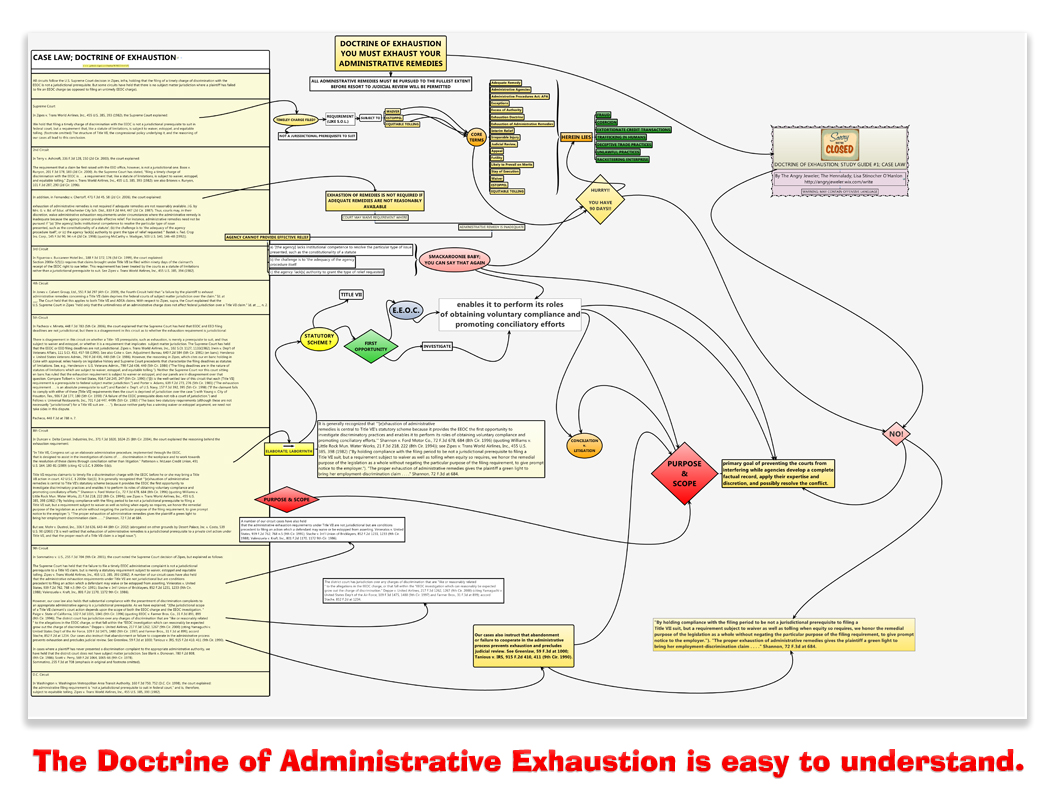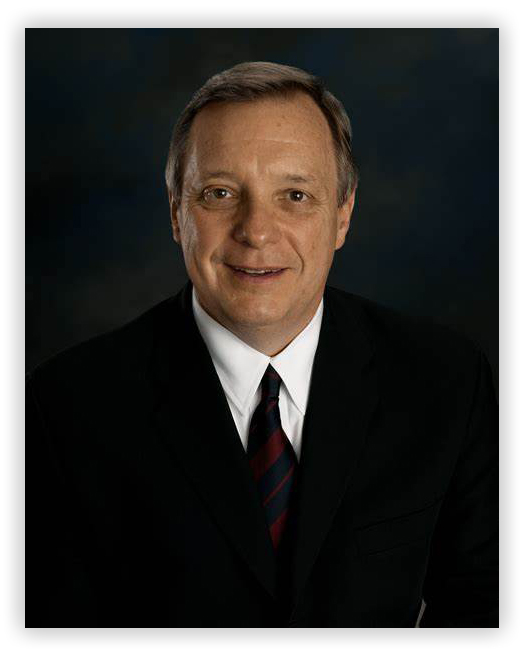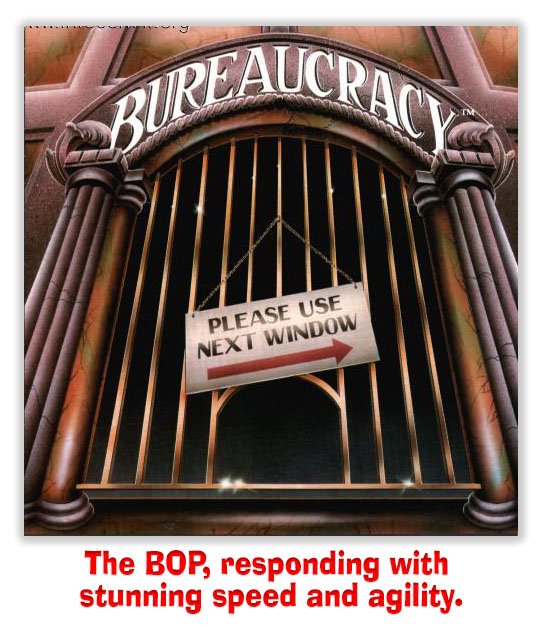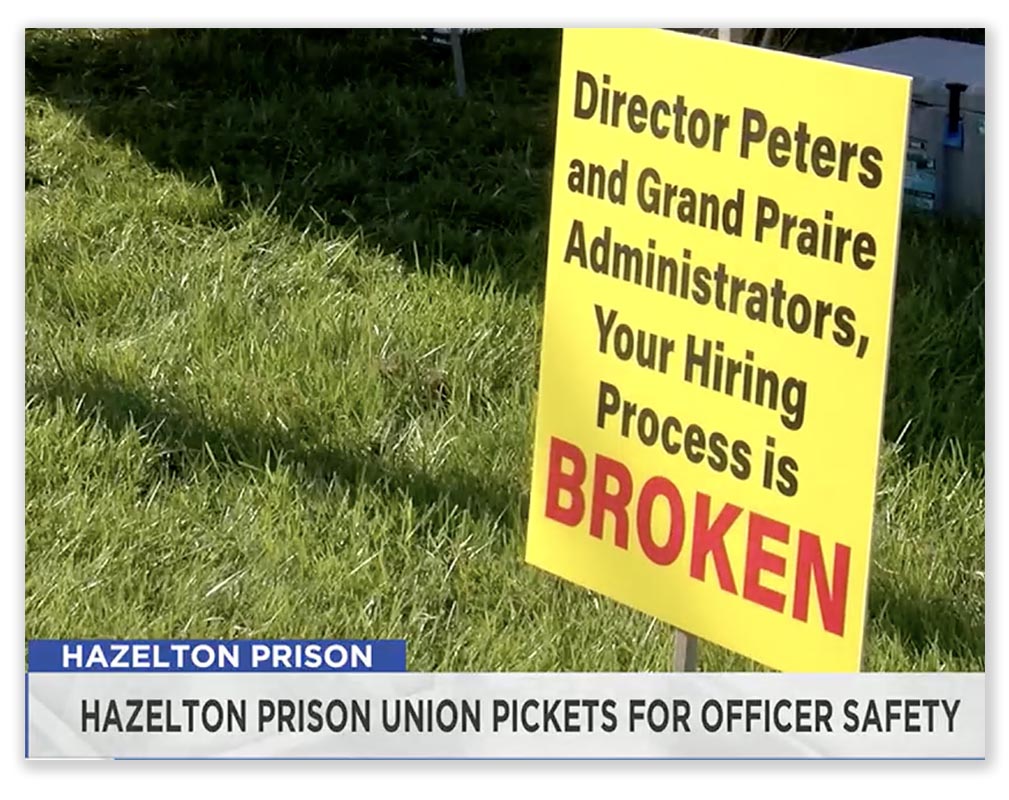We post news and comment on federal criminal justice issues, focused primarily on trial and post-conviction matters, legislative initiatives, and sentencing issues.

LOOKING FOR THE MAGIC DATE
Maybe the sweetest acronym a federal prisoner has ever heard – LDI – is at the heart of a new tool intended to provide all of the information (and more) that the Federal Bureau of Prisons promised with the PRD (projected release date) calculation it has now apparently abandoned.
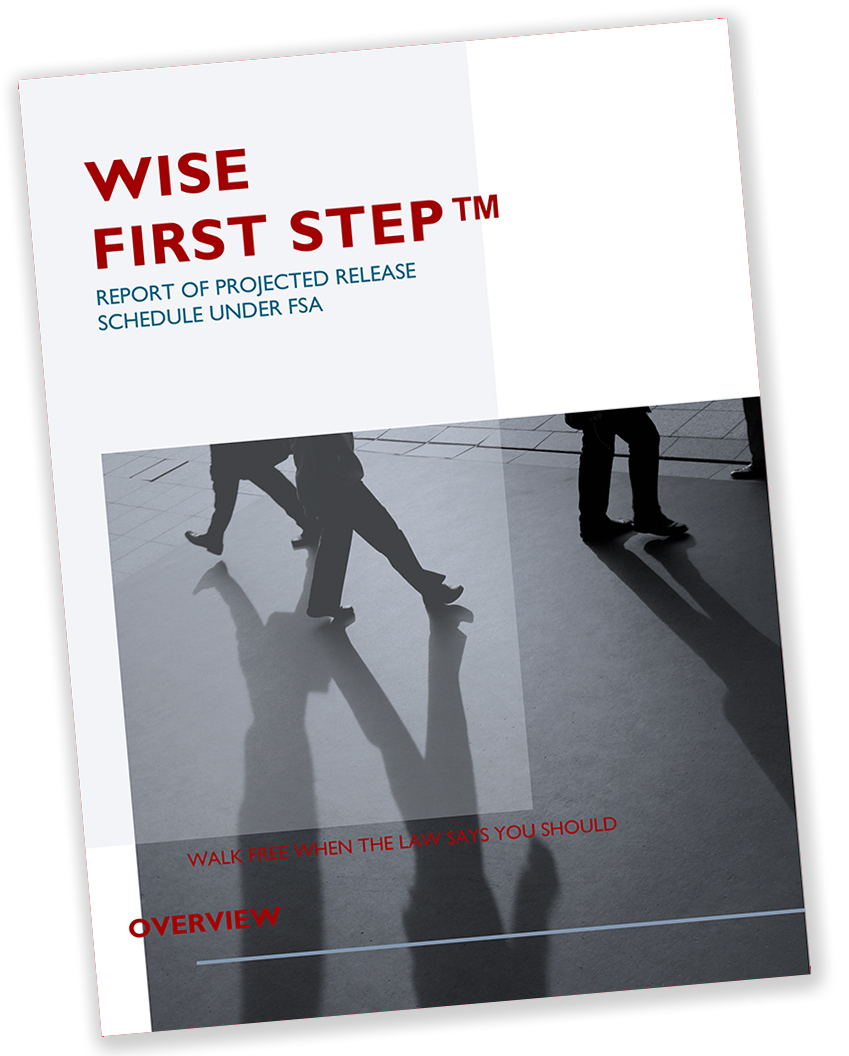 LDI – shorthand for “Last Date Inside” – is “the date on which a federal prisoner should be released to pre-release custody (halfway house or home confinement),” according to Wise First Step. Based on an inmate’s most recent sentence computation and First Step Act time credit assessments, Wise says it “will develop a detailed report that outlines key dates you need to be aware of for you to advocate for your referral to pre-release custody.”
LDI – shorthand for “Last Date Inside” – is “the date on which a federal prisoner should be released to pre-release custody (halfway house or home confinement),” according to Wise First Step. Based on an inmate’s most recent sentence computation and First Step Act time credit assessments, Wise says it “will develop a detailed report that outlines key dates you need to be aware of for you to advocate for your referral to pre-release custody.”
Complaints about BOP management of FSA credits – awarded for completion of programs that reduce recidivism – are legion. One prisoner said in an email that an Excel spreadsheet tool was released to case managers last week, but
it is problematic because the calculation tool must be updated every 30 days due to 10-15 FTC earned over that time cycle. This does nothing to ease the burden on Case Managers or help inmates plan accordingly. Even more problematic is the fact that the calculator does not take into account any of the days that will be earned while in pre-release custody… [What’s more,] RRM offices are not accepting “projected days” earned while waiting for the RRM submission to come back.
Another inmate said, “We were also told that sometime in January 2024, we would have access to the PRD on Trulincs [inmate computer system]. Of course, none of that has happened. Now the case managers are telling us that the FSA projected release would NOT help you once you received your 1 year off AND we are not going to have access to the PRD. It has been ‘shelved indefinitely’.”
The BOP announced last December that it was releasing a “Conditional Release Calculator” that provided “needed information regarding the potential positive impact of earning Federal Time Credits (FTC) towards advancing an individual’s release date,” but that calculator reflected only time “applied toward advancing the individual’s transfer to supervised release and an earlier release from FBOP custody,” not transfer to halfway house or home confinement. When in halfway house and home confinement, a prisoner remains in BOP custody.
 The major issue in FSA credit application right now is halfway house availability. Writing in Forbes last January, Walter Pavlo observed that inmates are being denied the right to spend their credits because “the BOP does not have room in halfway houses to monitor those who have rightfully earned First Step Act credits. The result, thousands of prisoners languish in expensive institutions rather than being placed in community halfway houses.” The First Step Act uses mandatory language, requiring the BOP to place the qualifying inmates in halfway house or home confinement, but agency officials are shrugging their shoulders in feigned helplessness because halfway houses are refusing transfers.
The major issue in FSA credit application right now is halfway house availability. Writing in Forbes last January, Walter Pavlo observed that inmates are being denied the right to spend their credits because “the BOP does not have room in halfway houses to monitor those who have rightfully earned First Step Act credits. The result, thousands of prisoners languish in expensive institutions rather than being placed in community halfway houses.” The First Step Act uses mandatory language, requiring the BOP to place the qualifying inmates in halfway house or home confinement, but agency officials are shrugging their shoulders in feigned helplessness because halfway houses are refusing transfers.
Inmates have been hitting a wall when trying to remedy the denials in court. Just last week, a court threw out a complaint because the petitioner had provided no facts showing that he “has been denied all opportunity to earn time credits, that he has credits to apply, or that he has been denied the ability to apply earned credits to supervised release or another form of prerelease custody.” Another district court ruled against a prisoner, holding that he “fails to include any factual allegations supporting his claim that he was otherwise qualified under Section 3624 of the FSA… for prerelease custody or supervised release.” A decision earlier last month held that “Assuming that petitioner is entitled to a total of 740 days of credits between his prerelease custody and release, his accrued credits are not equal to the remainder of his prison term. He is therefore not eligible to apply FSA time credits at this time…”
 Using a proprietary system it has tested over the past six months, Wise will provide a series of dates that tell inmates when to begin advocating for halfway house/home confinement, when to pursue administrative remedies, and when the prisoner’s LDI falls. Wise says in its program description, “The individualized details in this report have enabled hundreds of inmates to accelerate the process for transfer out of prison.”
Using a proprietary system it has tested over the past six months, Wise will provide a series of dates that tell inmates when to begin advocating for halfway house/home confinement, when to pursue administrative remedies, and when the prisoner’s LDI falls. Wise says in its program description, “The individualized details in this report have enabled hundreds of inmates to accelerate the process for transfer out of prison.”
Wise First Step can be contacted at (202) 921-0200 and email (accepting Corrlinks) at sarah@wisefirststep.org.
BOP, Conditional FSA Release Date Calculator (December 5, 2023)
Forbes, The Bureau of Prisons’ Halfway House Problem (January 16, 2024)
Cuong Mach Tieu v. United States, Case No. 2:23-cv-2858, 2024 U.S. Dist. LEXIS 34442 (E.D. Cal., February 27, 2024)
Cook v. Peters, Case No. 3:23CV2211, 2024 U.S. Dist. LEXIS 32754 (N.D. Ohio, February 26, 2024)
Urenda v Warden, Case No 2:23-cv-1410, 2024 U.S. Dist. LEXIS 22513 (E.D. Cal., February 7, 202e)








